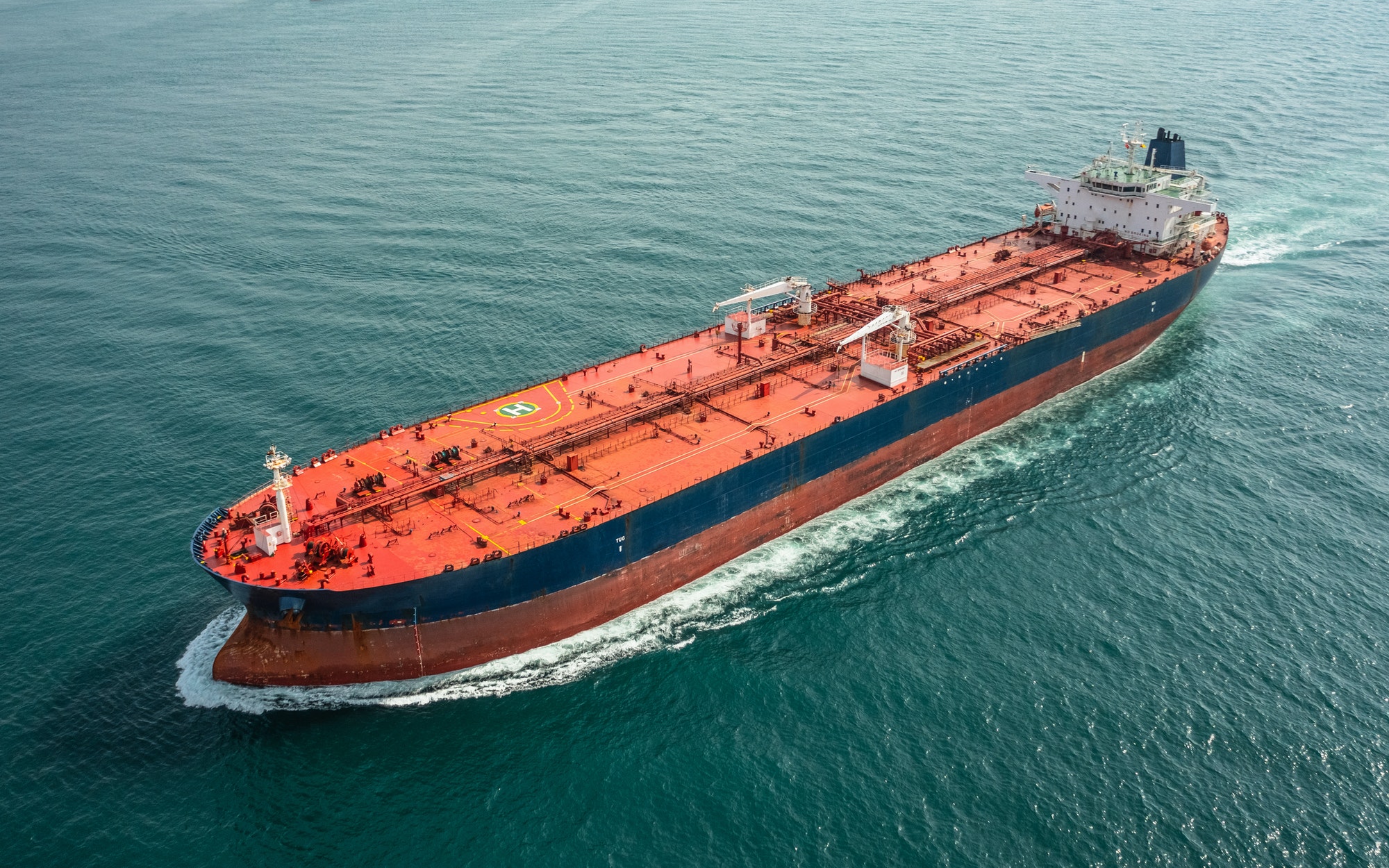In today’s world, the ocean is more than just a vast expanse of water—it’s a superhighway for global trade and a hotspot for international conflicts. One of the latest concerns is the use of drones in oceanic battles, like the recent drone attack off the coast of India by Iran. This guide breaks down the complex world of maritime security and drone warfare, focusing on Iran-backed Houthi rebels and what all this means for the world’s waters.

The New Danger on the Seas
Iran-Backed Houthi Rebels and the Trouble They Bring
Houthi rebels, supported by Iran, have been stirring up trouble in Yemen and causing tensions around the Red Sea. They’ve got some serious tech, like drones and missiles, making them a threat to ships, especially those from countries they don’t get along with.
The Indian Ocean Drone Attack
A major incident that shook everyone was the drone strike on a chemical tanker. The US says Iran did it. This attack caused a lot of damage and marked a big moment in how drones are changing warfare at sea.
How This Affects Global Shipping and Safety
Troubles in the Red Sea
The Red Sea is super important for moving goods around the world. But with more attacks, some companies are too scared to travel through it. This not only hurts local economies but also messes up global trade, showing why we need strong international rules and security for our seas.
What the World Is Doing About It
Countries are noticing these threats and are sending more ships and tech to watch over risky areas. This includes big players like the Indian and US navies. They’re out there trying to keep the sea lanes safe for everyone’s goods to move freely.
How to Deal with These Challenges
To handle these new dangers, we need to really understand why groups like the Houthi rebels are acting this way and the bigger picture of global politics. Countries need to work together and share information to stop attacks before they happen. Plus, there’s a big push for new technology to stay one step ahead of things like drones that are changing the game in maritime warfare.
This guide should give you a clearer picture of the high-stakes world of maritime security and why it matters to everyone, even if you’re just a college student!

Frequently Asked Questions
What is maritime security?
Maritime security involves the protection of international waters, coastal areas, and maritime interests from threats like piracy, terrorism, and other illegal activities. It ensures safe and secure global trade and navigation.
Why are Iran-backed Houthi rebels significant in maritime security?
Iran-backed Houthi rebels have gained attention for their increasing use of maritime tactics, including deploying drones and missiles against ships. Their actions threaten the safety of international shipping lanes, particularly in the Red Sea and Indian Ocean, and escalate regional tensions.
How does drone warfare affect maritime security?
Drone warfare introduces a new level of threat in maritime regions as they can be used for surveillance, targeting, and causing damage to vessels from a distance without direct human involvement. This makes it harder to detect and defend against attacks, raising security concerns for all maritime stakeholders.
What happened in the Indian Ocean drone strike?
The Indian Ocean drone strike refers to an incident where a commercial vessel was attacked by a drone, causing significant damage. The United States attributed this attack to Iran, marking an escalation in the use of unmanned aerial technology in maritime conflict zones.
How does the instability in the Red Sea affect global shipping?
Instability in the Red Sea, due to increased attacks, affects global shipping by disrupting trade routes, causing delays, and leading to higher costs for shipping companies. This instability can have a ripple effect on global supply chains and economic stability.
What are countries doing to enhance maritime security?
Countries are responding to maritime threats by increasing naval patrols, investing in advanced surveillance and defense technology, and participating in international coalitions to share intelligence and coordinate responses. These efforts aim to deter attacks and maintain the safety of shipping lanes.
How can international cooperation improve maritime security?
International cooperation can lead to better information sharing, coordinated patrols, joint military exercises, and unified legal frameworks to prosecute maritime crimes. By working together, countries can create a more robust defense against common threats and ensure the safety of international waters.
Sources BBC


